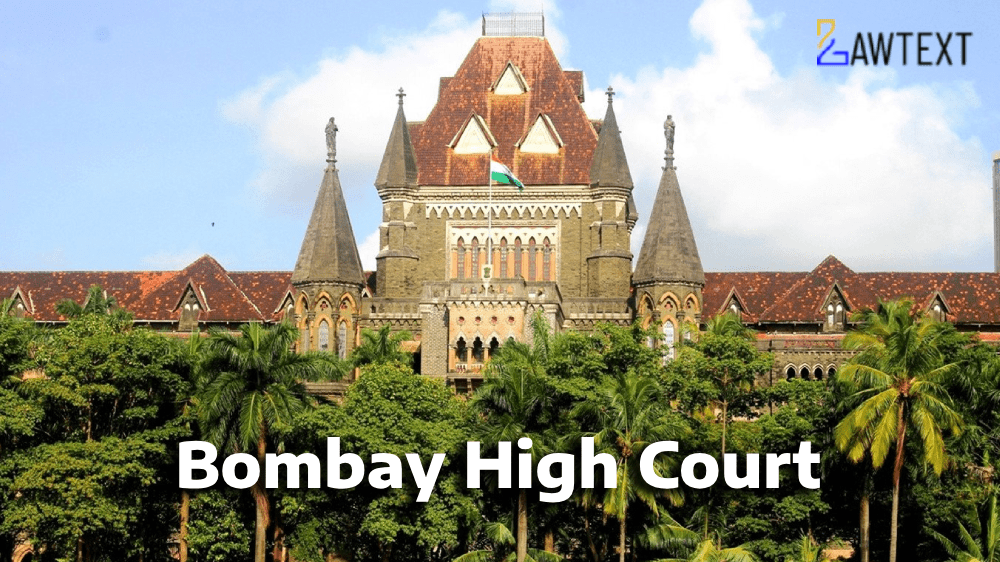Bombay High Court Quashes Reassessment Notice for AY 2013-14 Citing Lack of Proper Grounds. Court rules that reassessment cannot be initiated after four years without evidence of the assessee’s failure to disclose material facts during original scrutiny assessment.

CASE NOTE & SUMMARY
The reassessment proceedings initiated against the petitioner for the Assessment Year (AY) 2013-14, after scrutiny assessment had already been conducted. Here’s a concise summary:
-
Background: The petitioner filed their tax returns for AY 2013-14 and underwent a scrutiny assessment. An order was passed on March 11, 2016, adding ₹1,14,329 to the returned income, which was paid on April 12, 2016.
-
Notice for Reassessment: On March 31, 2021, seven years after the relevant assessment year ended, a notice under Section 148 was issued by the Assistant Commissioner of Income-tax, Circle 7, Pune. The notice was based on the reasoning that the original assessment was not subjected to scrutiny, despite the petitioner asserting that it indeed was.
-
Petitioner’s Objections: The petitioner objected to the reassessment, arguing that scrutiny assessment had already been conducted. The petitioner highlighted that the law prohibits reassessment beyond four years unless there is a failure to disclose material facts, which the petitioner contends is not applicable in this case.
-
Revenue’s Stand: The Revenue’s case was that income of ₹20,69,450 related to share trading had escaped assessment due to alleged client code modifications by the petitioner’s stockbroker. The Revenue argued that this information was received after the original assessment and justified the reassessment under Section 147.
-
Court’s Observations:
- The Court noted that the petitioner’s original returns were indeed scrutinized, and the assertion that there was no scrutiny assessment was factually incorrect.
- The assessment order from March 11, 2016, reflects detailed scrutiny, including examination of transactions related to securities trading, bank accounts, and financial statements.
- The Court found that the initiation of reassessment based on the false premise that no scrutiny was conducted undermines the credibility of the reassessment notice.
-
Legal Analysis: Section 147 allows reassessment beyond four years only if the assessee failed to disclose fully and truly all material facts during the original assessment. The Court observed that the petitioner had disclosed all relevant facts, and the new information from the Revenue did not demonstrate any failure on the petitioner’s part.
-
Conclusion: The Court held that the reassessment proceedings initiated under Section 148 were unjustified. It was evident that the petitioner had fully disclosed all material facts during the original assessment, and there was no basis for the belief that income had escaped assessment.
ISSUE OF CONSIDERATION
Aashish Niranjan Shah Versus Union of India &Anr.
Citation: 2024 LawText (BOM) (8) 231
Case Number: WRIT PETITION NO. 2896 OF 2022
Date of Decision: 2024-08-23
Case Title: Aashish Niranjan Shah Versus Union of India &Anr.
Before Judge: G. S. KULKARNI & SOMASEKHAR SUNDARESAN, JJ.
Advocate(s): Mr. Sagar Tilak, a/w Sachin Hande, Payal Rathod, Advocates for the Petitioner. Mr. Suresh Kumar, Advocate for Respondent.
Appellant: Aashish Niranjan Shah
Respondent: Union of India &Anr.

